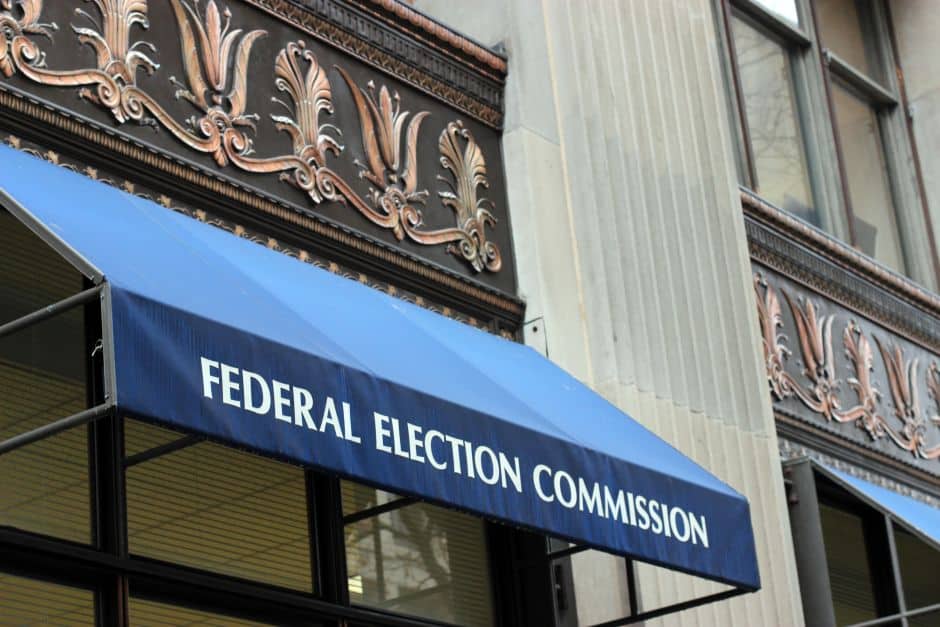
A recent announcement by the Federal Election Commission that it was fining the National Enquirer’s parent company was unusual in two ways.
The first had to do with which parties were targeted by the FEC and which were not. The agency imposed a penalty of $187,500 against A360 Media LLC (formerly known as American Media Inc.) for making a payment to Karen McDougal in 2016 to suppress her story about having had an affair with Donald Trump.
Watchdog group Common Cause alleged that the payment – which was facilitated by Trump’s former personal lawyer Michael Cohen– amounted to an illegal in-kind contribution to Trump’s campaign by American Media. The FEC agreed, but it chose not to sanction the beneficiary of the payment. In other words, this was another example of how Trump manages to avoid personal consequences for misconduct for which he was ultimately responsible.
The FEC action was also out of the ordinary because it entailed a penalty directed at a company. It has become so rare for the FEC to bring cases against corporations themselves (as opposed to their political action committees), that I have not been including the agency among those federal regulators from whom I collect data for Violation Tracker.
Seeing the A360 decision, I decided it was time to add the FEC, but I didn’t know how many corporate cases could be found. I knew that the heyday of prosecuting corporations for election finance violations came in the 1970s as an outgrowth of the Watergate investigations. Those cases would have to be left out, since Violation Tracker coverage begins in 2000.
I also knew that there were likely to be few cases after January 2010, when the U.S. Supreme Court’s Citizens United decision wiped away most limitations on campaign spending by corporations as well as other entities. The ban on the direct use of corporate funds for campaign contributions remained in place.
The other factor has to do with the FEC itself, which often deadlocks along partisan lines and has difficulty imposing penalties against corporations or other entities and individuals.
As I dove into the case archives on the FEC website, I focused on what the agency calls Matters Under Review and ignored its administrative fines brought against PACs and campaign committees for matters such as late filing of reports.
I ultimately found a total of 31 cases in the period since January 2000 in which a corporate entity was fined $5,000 or more for an election violation. There were only four penalties above $100,000 – including one for $1 million – and the overall average was just $77,000.
Most of these cases involved allegations that the corporation improperly reimbursed employees for their individual donations to try to get around the ban on the use of corporate funds.
It is difficult to believe that fewer than three dozen corporations broke this rule and other remaining regulations during the past two decades. Instead, the low case count is another symptom of underregulation of corporate activities with regard to elections and much more.
Note: the new FEC entries will be added to Violation Tracker later this month as part of an overall update of the database.